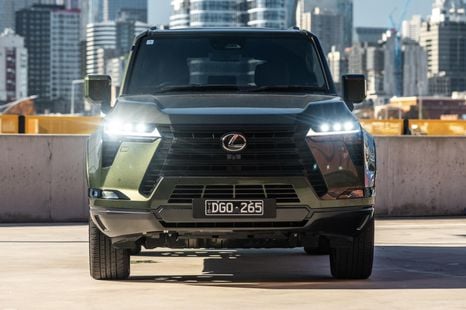

Max Davies
2026 Lexus GX review
2 Hours Ago

Contributor
The company that has long used wood for its vehicle frames is embracing the new era of electrification.
British coachbuilding firm Morgan Motors has unveiled the latest project from its engineering department: the all-electric XP-1.
Based on the body and aluminium monocoque chassis of the brand’s Super 3 three-wheeler, Morgan describes the XP-1 as a prototype vehicle that will “act as the forerunner to all future electric Morgan sports cars”.
The XP-1 will inform the engineering department’s progress in key areas such as driving style and electric powertrain development as the team begins to develop the firm’s first production electric models.
Autocar spoke to Morgan’s chief technical officer, Matt Hole, who refused to set a firm date for any kind of production electric vehicle (EV) from the brand, but did reveal some initial technical specifications of the prototype.
The XP-1 houses a 33kWh battery from Zero EV, a 100kW centrally mounted motor, and an inverter located under the passenger seat.
The powertrain is supported by a 400V electrical architecture which supports up to 50kW charging.
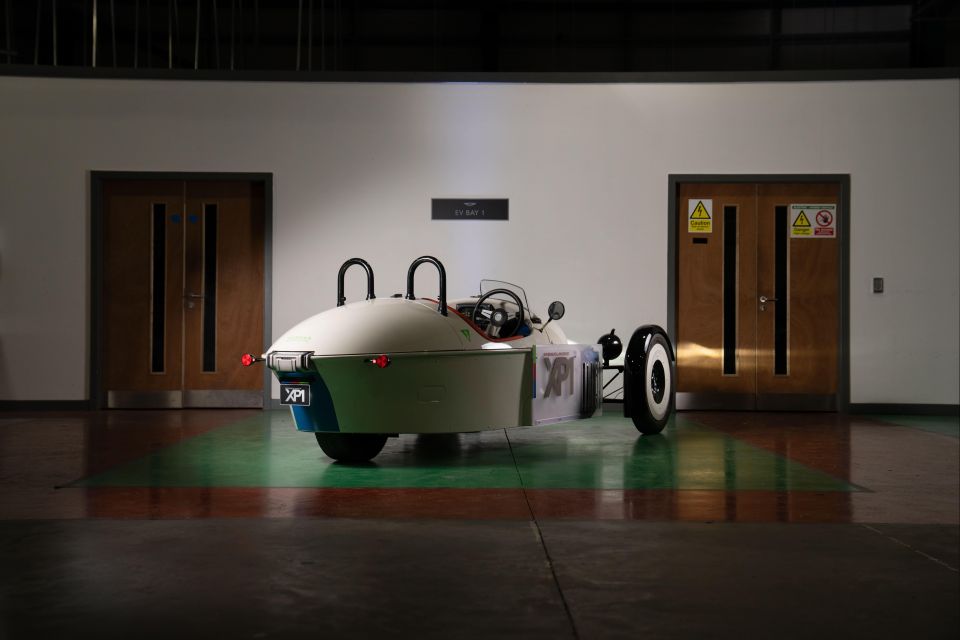
The expected range is around 240km, and while exact figures haven’t been specified, a speedy 0-100km/h time is expected thanks to the low kerb weight of under 700kg.
This combination is Morgan’s first electric powertrain, but not the first EV it has ever worked on.
Power for Morgan’s only other electric venture, the previous EV3 electric three-wheeler revealed in 2016, was delegated to an outside consultancy firm which went under before any vehicles could be delivered to customers.
While the exact modes weren’t specified at this stage, Morgan says the XP-1’s intricate engineering calibration controls will allow for “a range of driving modes featuring a mix of driving characteristics”.
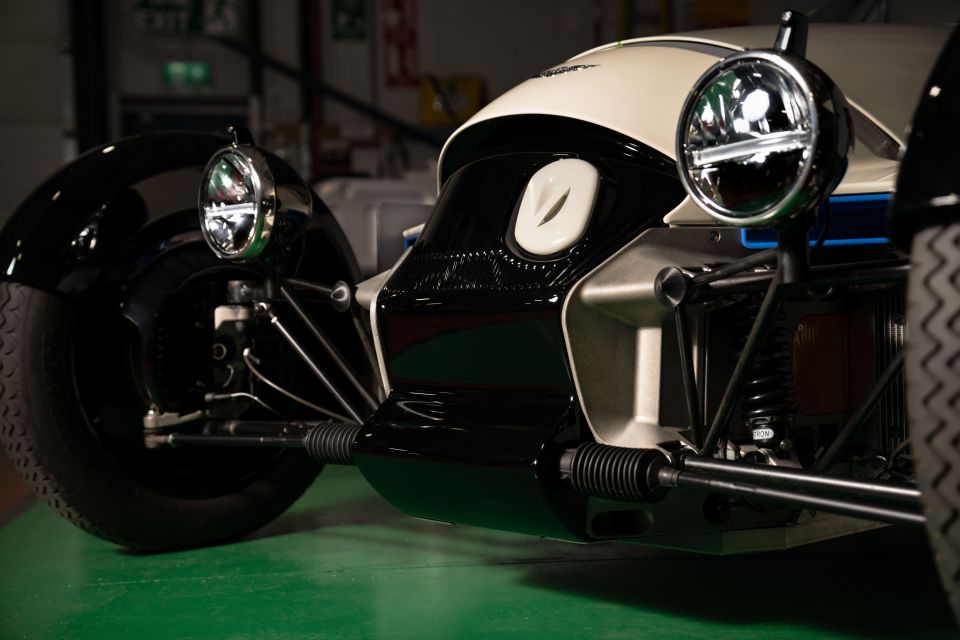
The company says it has been able to reduce the drag coefficient by 33 per cent down to 0.42.
While the interior user interface shown in these initial launch images reveals a very simple interior setup in keeping with previous Morgan vehicles, the brand says the layout will continually evolve as engineers gather feedback on the way users interact with the available tools such as charge display and range.
Demonstrating its commitment to continuing to offer a classic driving experience, Morgan has fitted the XP-1 cabin with a Sennheiser sound system mounted directly onto the chassis to augment the actual sounds of the electric motors rather than producing synthetic motor sounds.
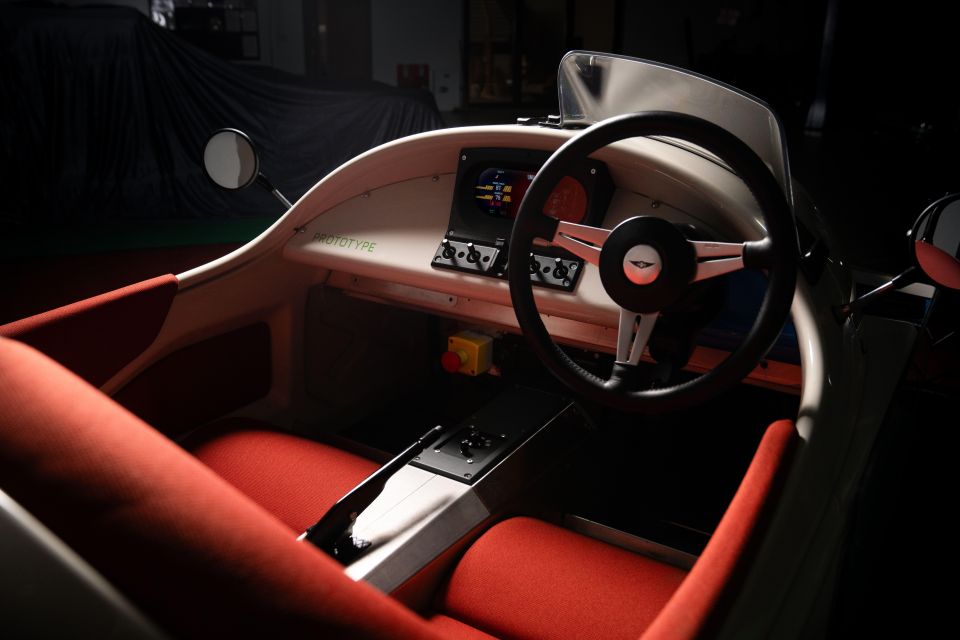
According to Morgan, the entire 12-month design process for the XP-1 will now be followed by up to two years of comprehensive testing to improve the boutique firm’s in-house EV competence.
This timeline suggests that the development of production models from the boutique firm could still be several years down the line.
Morgan marketing director Toby Blythe told Autocar that an electric Super 3 “doesn’t feature in our two, three or four-year plan” but that the brand is open to a faster timeline where possible.
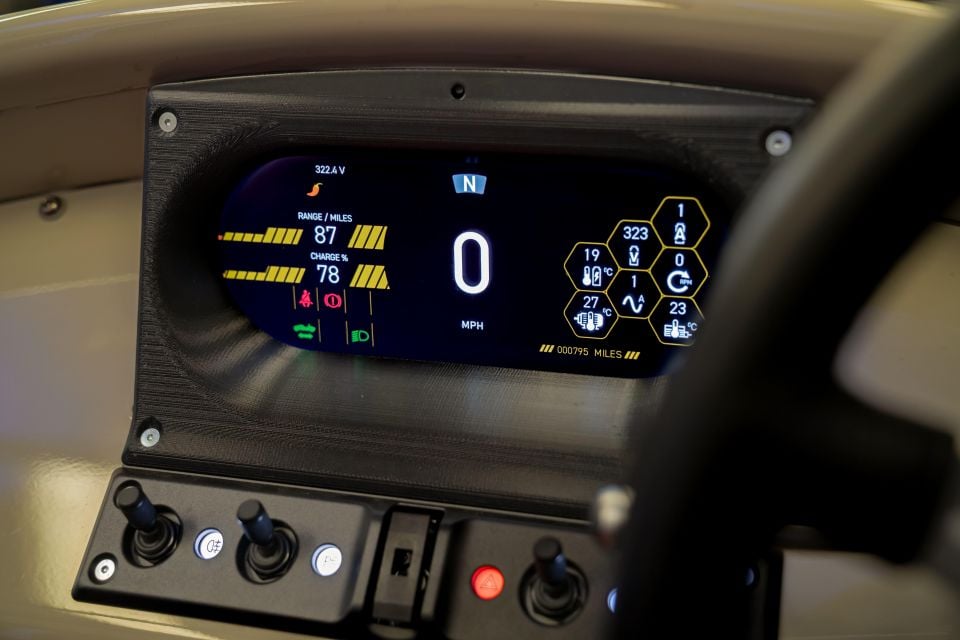
The XP-1 represents a large shift for Morgan from a coachbuilding brand to an EV sports car manufacturer, and this shift has required a large amount of workforce training and infrastructure adaptation to ensure the firm’s readiness to build EVs.
Specifically, Mr Hole hopes the prototype model will help the design and engineering team carry Morgan’s defining characteristic of lightweight, analogue cars focused on driving experience into future products.
Morgan Motors has promised to bring its community of enthusiasts along on its process of electrification, intending to provide periodic updates and showings of the model as it is progressively engineered.
Go deeper on the cars in our Showroom, compare your options, or see what a great deal looks like with help from our New Car Specialists.


Max Davies
2 Hours Ago
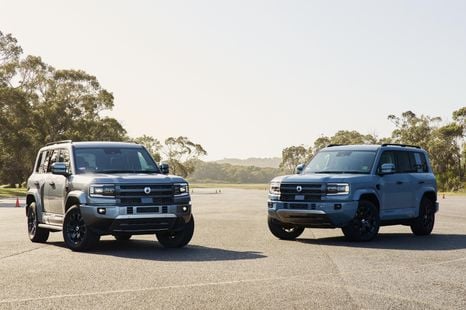

Max Davies
2 Hours Ago
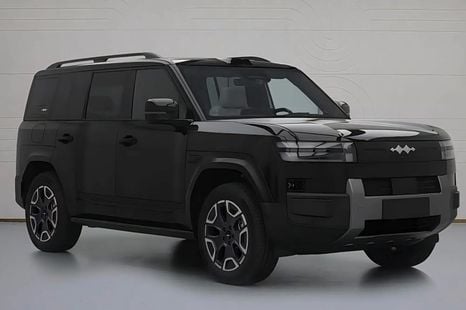

William Stopford
8 Hours Ago
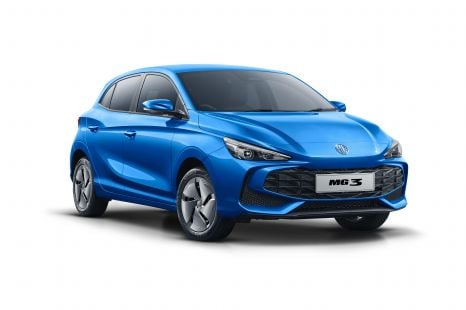

William Stopford
9 Hours Ago
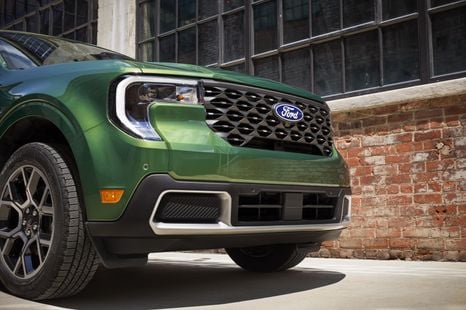

William Stopford
9 Hours Ago
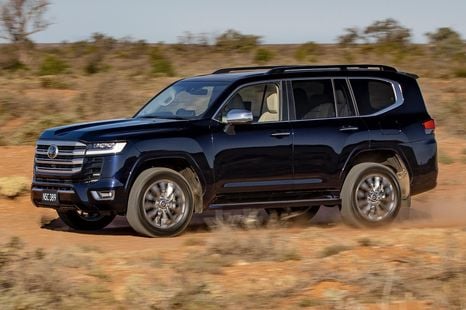

William Stopford
10 Hours Ago
Add CarExpert as a Preferred Source on Google so your search results prioritise writing by actual experts, not AI.